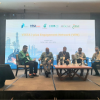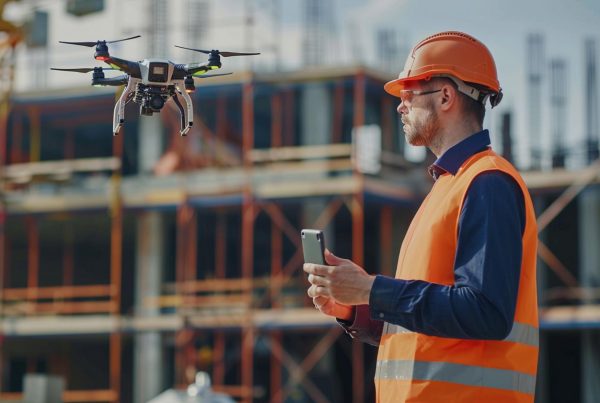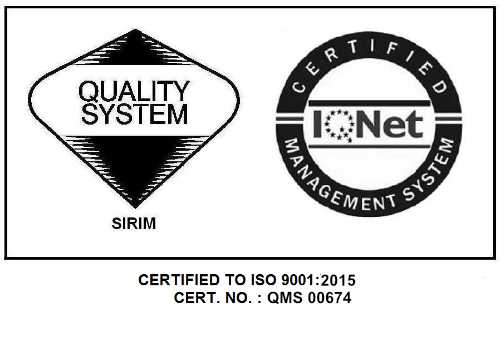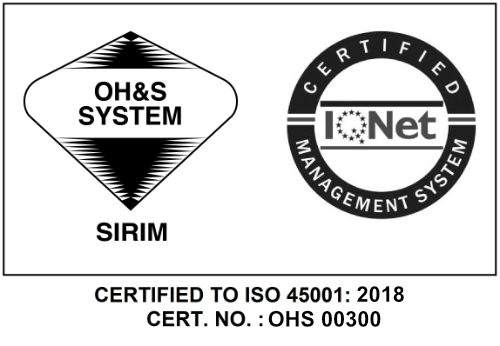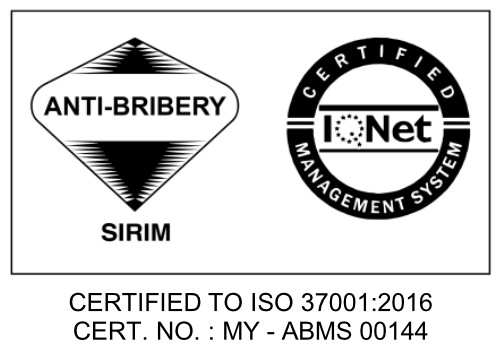
The construction industry is increasingly turning to generative AI as a strategic solution to combat persistent skilled labour shortages. As project complexities grow and the demand for specialised skills intensifies, the use of advanced AI technologies in HR practices can provide a significant competitive edge.
Generative AI, a form of artificial intelligence that generates new content by learning from vast datasets, is being utilised by HR vendors to revolutionise recruitment and training processes in construction. This technology enables companies to identify skill gaps within their workforce precisely and anticipate the specific competencies required for future projects. By analysing current labour trends and project demands, AI can match job descriptions with potential candidates more efficiently than traditional methods.
One of the key benefits of employing generative AI in HR is its ability to enhance candidate sourcing. The technology sifts through extensive databases to identify individuals with the exact skill sets needed, considerably speeding up the hiring process. For example, AI can predict the likelihood of candidate success in roles by comparing profiles with those of high-performing employees, thereby increasing the accuracy of hires.
Furthermore, generative AI plays a crucial role in developing targeted training programmes that are both effective and timely. It analyses the existing skills of the workforce and the technical requirements of upcoming projects to tailor training modules that address specific needs. This personalised approach ensures that workers are up-to-date with the latest construction techniques and technologies, thereby boosting overall productivity.
However, when integrating AI into HR processes, construction firms must ensure the protection of employee data. The selection of an HR vendor should be based on their ability to securely handle sensitive information using robust data protection methodologies. This includes confirming that the vendor’s data analytics are derived from comprehensive and accurate datasets, providing reliable insights that drive strategic HR decisions.


